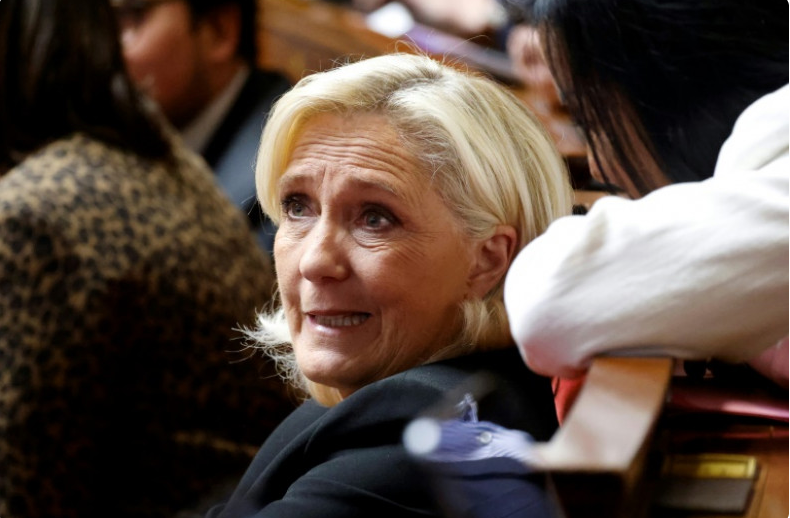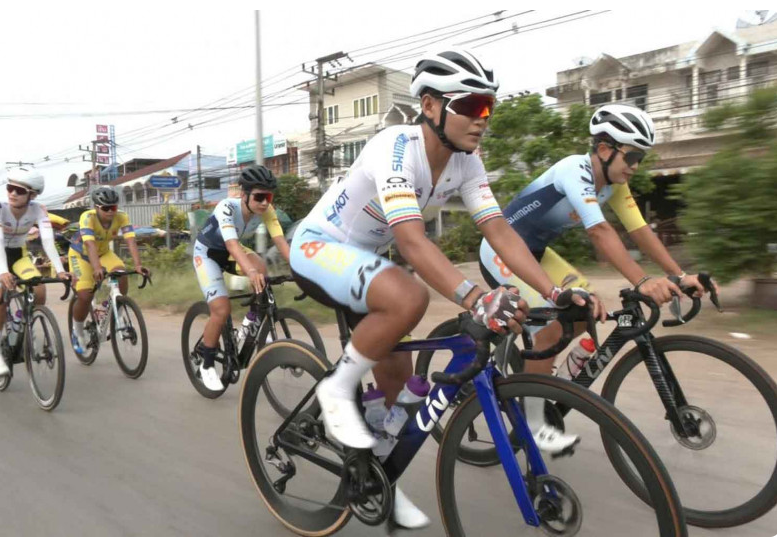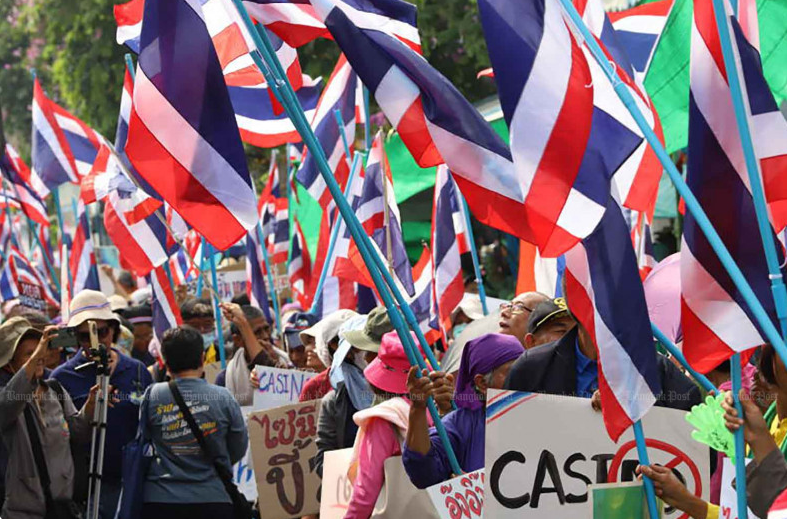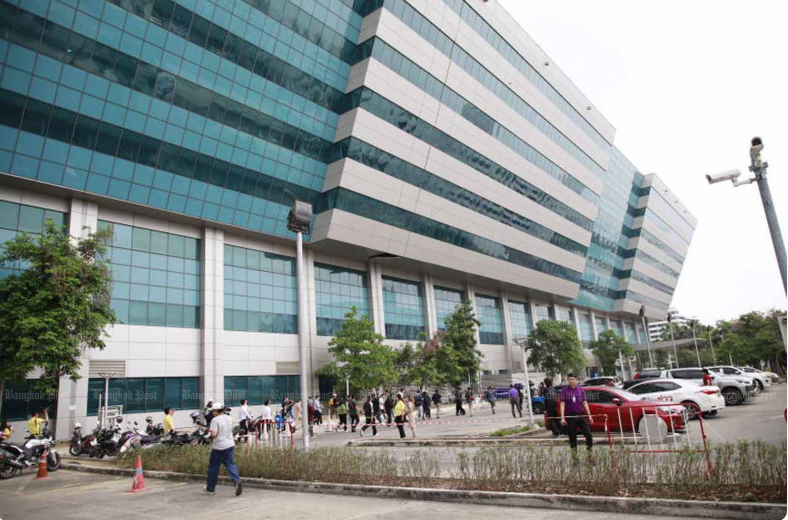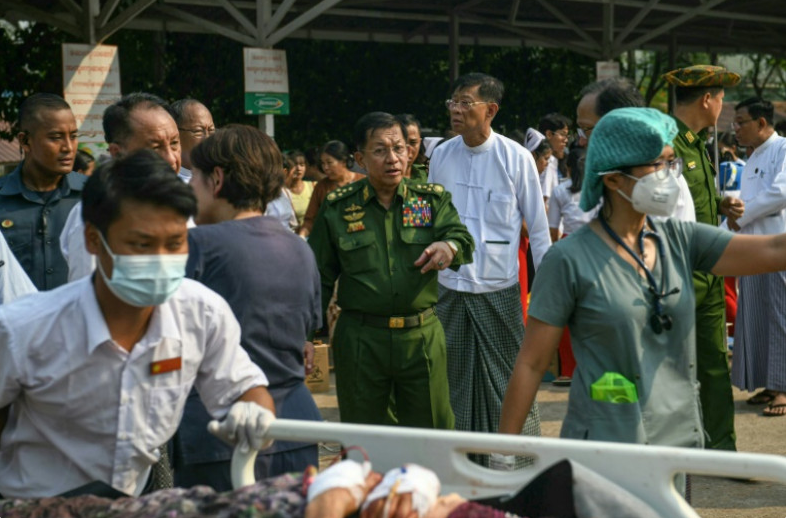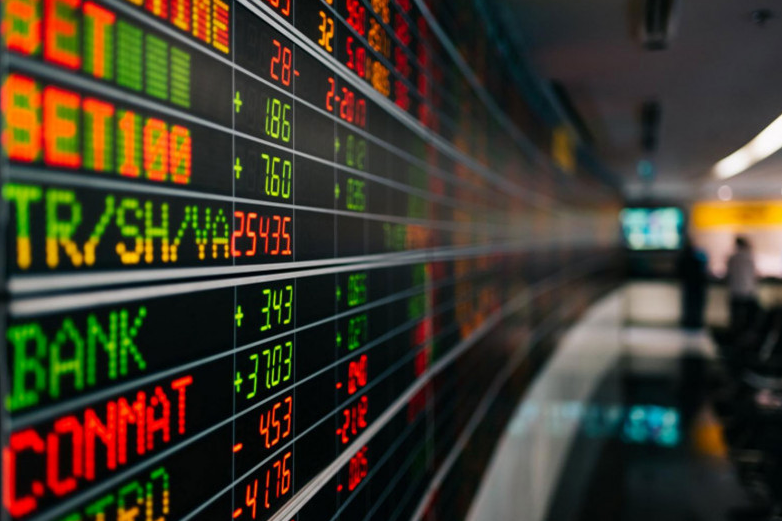Investor confidence wavers on external factors despite bearish zone
March 14
The investor confidence index (ICI) compiled by the Federation of Thai Capital Market Organizations (Fetco) fell back into bearish territory in February, from neutral the previous month, due to international conflicts, inflation and the slowdown of the local economy putting a dampener on sentiment.
The ICI for February — which looks three months ahead — was 66.1.
Retails, proprietary and foreign investor confidence were in the bearish zone while institutional investor was in neutral sentiment.
The factors that most supported the market were the government’s stimulus package, which was followed by (1) inflows of funds into the market and (2) a reduction or cut in the policy rate by the Monetary Policy Committee (MPC) of the Bank of Thailand.
International conflicts were the biggest factor holding back the Thai stock market, according to Fetco chairman Kobsak Pootrakool.
The confidence of retail investors was down 37.9 per cent to 50 and that of foreign investors fell 33.3 per cent to 66.7.
The proprietary investor confidence increased 25% to 75, while that of institutional investors inched up 3.8% to 115.4.
Banks offered the most value of any sector, while auto was the least appealing sector.
“In February, the SET index kept retreating, weighed down by several factors including fresh expectations of an intensifying trade war as a result of US President Donald Trump now imposing tariffs on Canada, Mexico and China,” said Mr Kobsak.
Despite a favorable sentiment following the MPC’s 25 basis points cut in the rate to 2%, MSCI stock adjustment on equities market (sales) selling pressure from long-term equity funds redemption and ears than expected listing companies weighed on the index, he said.
The SET index at end-February closed at 1,203.72 points, down 8.4% from the previous month with daily average trading of 52 billion baht.
Foreign investors sold a net 6.62 billion baht and have exited about 18.1 billion in this year.
Fetco said external factors to watch are the trade war and its effect on Asia, and the Russia-Ukraine ceasefire agreement.
Locally, investors should keep an eye on fiscal policies intended to lift the economy along with the capital market, said Mr Kobsak.

